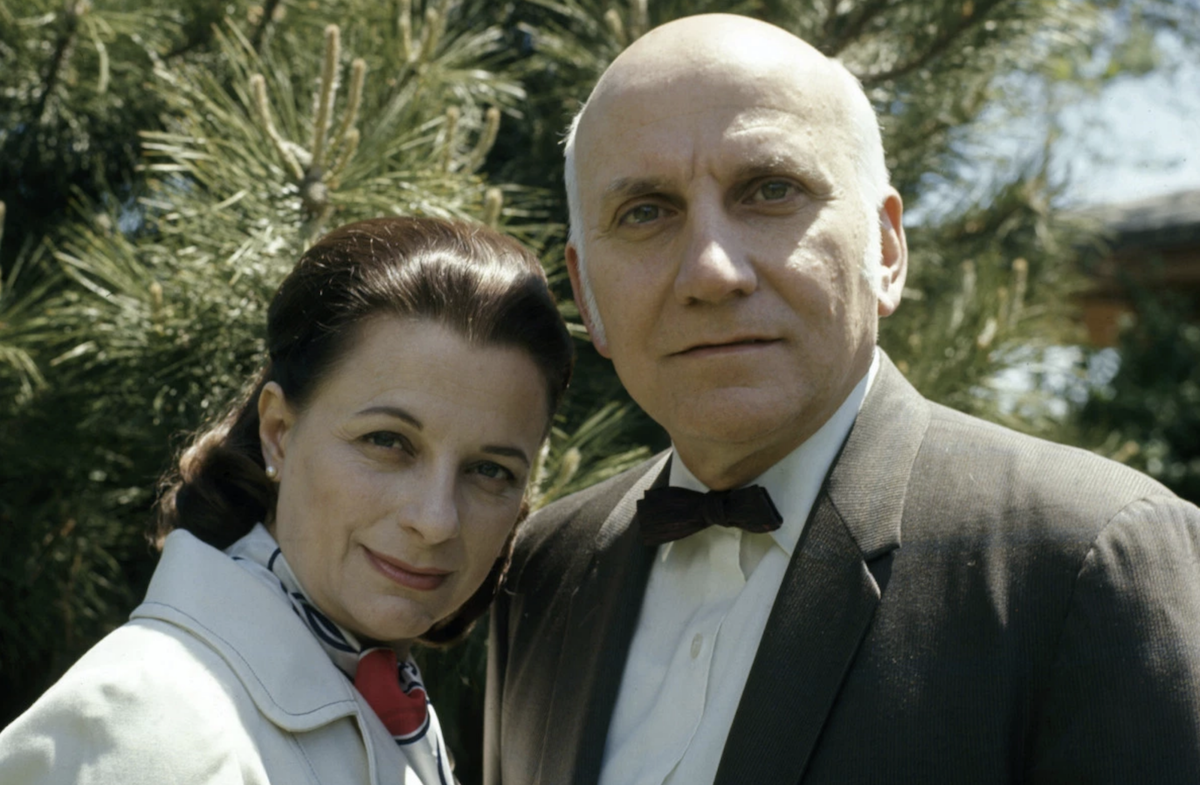on plato and soulmates.

In Plato’s Symposium—which depicts a fictional gathering of men waxing lyrical on all things love—the playwright Aristophanes tells the story of how humans were once equipped with both sexual organs and four arms and four legs. Zeus, being the irritable God that he was, felt threatened by anything that seemed too powerful and split those humans in two. The halves then spent the rest of their days yearning for each other, hence the notion of soulmates.
As Firmin DeBrabander, professor of philosophy at the Maryland Institute College of Art, posits in an article on The Conversation, there’s a lot we can learn from Plato on this topic.
In search of our other halves
The Greek philosophers all agreed that we humans are existentially “wounded,” and seek to fill that void with less-than-admirable things like power, material possessions and fame (spoiler alert: it hardly ever works).
But by finding our missing half, at least as Plato and Hollywood movies would have us believe, we may be able to heal that wound. As Aristophanes says:
“[When] a person meets the half that is his very own something wonderful happens: the two are struck from their senses by love, by a sense of belonging to one another, and by desire, and they don’t want to be separated from one another, not even for a moment. These are people who finish out their lives together and still cannot say what it is they want from one another.”
The thing is, Plato didn’t really believe that, which is why he presented it in satire.
The realism of love
So are we being led astray by the notion of modern love and soulmates? DeBrabander argues that it’s pretty unfair that we look to one person to heal our “existential wound” (that’s a lot of pressure to put on a relationship).
Instead, he says, real love is more of a slow burn:
“True love is not discovered all of a sudden, at first sight, but rather, it’s the product of immense work, constant attention, and sacrifice. Love is not the solution to life’s problems, but it certainly makes them more bearable, and the entire process more enjoyable.”
Read more of DeBrabander’s musings on Plato and soulmates here.





